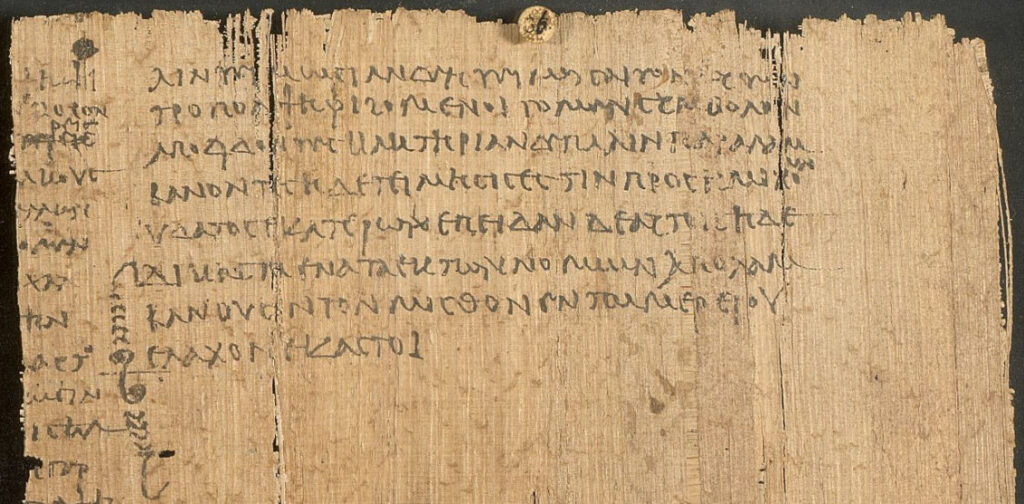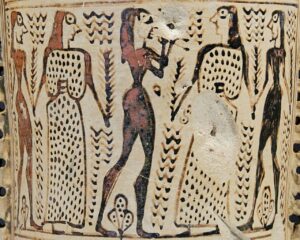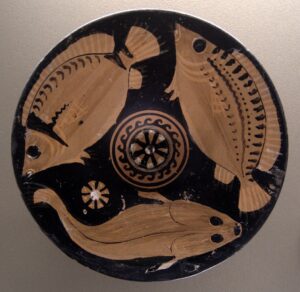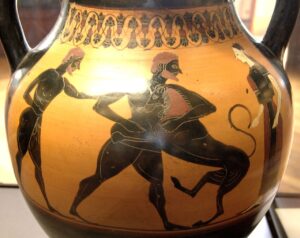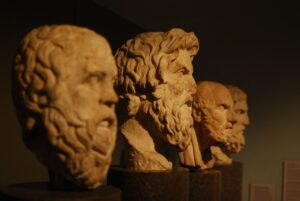Democracy in ancient Greece was a form of government in which the people had a say in how they were ruled. It was first developed in the city-state of Athens and was based on the idea that all citizens had an equal right to participate in the government.
Origins of Democracy in Ancient Greece
Ancient Greece is widely recognized for its innovations in governance and politics, particularly the development of democracy. The word ‘democracy’ itself comes from the Greek words “demos” meaning “people” and “kratos” meaning “rule”. Furthermore, the ancient Greeks were the first civilization to develop a system of government based on the principles of democracy.
The origins of ancient Greek democracy can be traced back to the city-state of Athens in the 5th century BCE. During this time, the Athenians established a system of government in which citizens had a direct role in the decision-making process. As such, this form of democracy is often referred to as ‘direct democracy’. This was quite different from the traditional systems of monarchy and oligarchy that were common in the ancient world, and it marked the beginning of the development of democracy.
Democracy in Ancient Athens
In an Athenian democracy, all male citizens over the age of 18 were eligible to participate in the government. Citizens could attend meetings of the Assembly, which would meet regularly to discuss and vote on issues of public concern, such as laws, policies, and wars. Decisions were made by majority vote, and every citizen had an equal say in the decision-making process. The Assembly was led by the Council of 500, which was made up of citizens who were elected to serve one-year terms. The council was responsible for proposing legislation, and it could also veto decisions made by the Assembly.
The Athenian democracy had some limitations. Only male citizens who were over the age of 18 were eligible to participate. Women, slaves, and foreign residents were not allowed to vote or hold public office. Despite these limitations, Athenian democracy was an important step in the development of democracy and the idea of equal rights for all citizens.
The Athenian system of government also included a number of courts and magistrates, who were responsible for enforcing the laws and ensuring that justice was served. There were also various officials and boards responsible for various aspects of government, such as finance, defense, and public works.
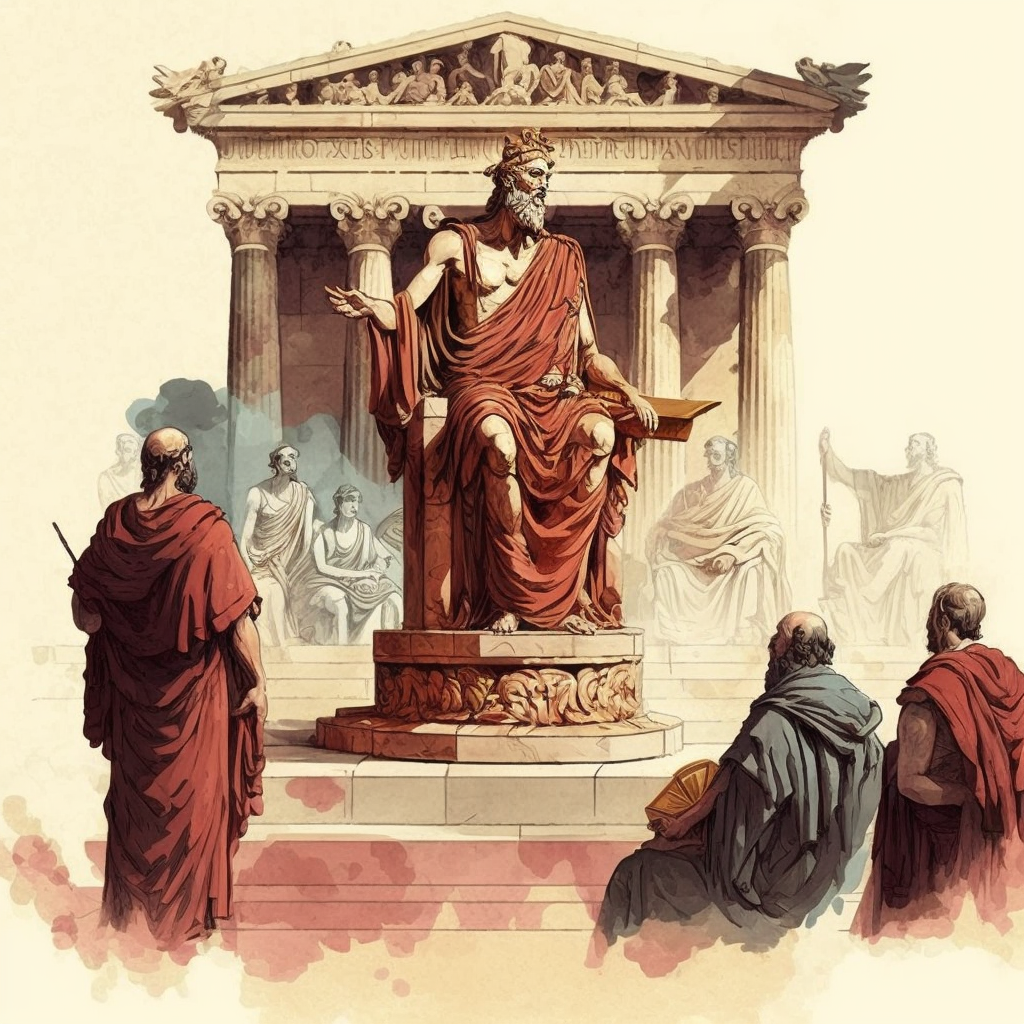
Legacy of Ancient Greek Democracy
The legacy of ancient Greek democracy can still be seen in modern times. The principles of democracy and the importance of citizen participation in governance have been adopted and adapted by many countries around the world. For example, modern democracy is based upon the same basic principles as those first established in ancient Greece. Modern countries that practice democracy today include: Australia, Canada, England and the United States. With that said, many more are also democratic and democracy is the most popular form of government on the planet today.
Despite its flaws and limitations, ancient Greek democracy remains an important part of human history, and it is a testament to the enduring power of the human spirit to strive for freedom, equality, and justice.

